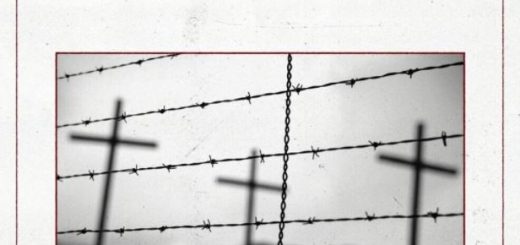Would You Rather by Phoebe Bridgers Lyrics Meaning – Decoding the Lyrical Depths of Existential Queries
Lyrics
You always say that you’d prefer to drown
You were still in the ambulance
When the cop suggested you’re the one who tried to burn it down
Come to find out
I’m a can on a string, you’re on the end
We found our way out
Of a suicide pact of our family and friends
In the background
I’ll be waitin’
We have the same face, I laid awake
As someone shoved you up against a wall
Quarantined in a bad dream
He’s half the man and you’re twice as tall
Come to find out
I’m a can on a string, you’re on the end
We found our way out
Of a suicide pact of our family and friends
In the background
I’ll be waitin’
Next time I see you, you’ll show me
A hundred different ways to say the same things
Come to find out
I’m a can on a string, you’re on the end
We found our way out
Of a suicide pact of our family and friends
And when you touch down
I’ll be waving
Phoebe Bridgers has a penchant for turning a delicate indie melody into a vessel for profound emotional truths, using sparse instrumentation to underscore the weight of her words. Her song ‘Would You Rather’, a track from her debut album ‘Stranger in the Alps’, serves as a fascinating maze of lyrical insight, beckoning listeners into a contemplative dialogue with their innermost thoughts.
The song’s title, ‘Would You Rather’, is a childhood game that posits hypothetical scenarios for the chooser to decide between. However, Bridgers takes it a step further, weaving this concept into a narrative that challenges the complexities of human connections, shared trauma, and the catharsis in confronting painful realities.
Unraveling the Metaphor: Drowning in Choices
One profound aspect of Bridgers’ songwriting is her ability to create multidimensional metaphors that pull at the fabric of our understanding. ‘You always say that you’d prefer to drown,’ she sings, delving deep into the psyche of personal preference in the midst of existential fires. It’s a choice that speaks volumes—drowning, a passive acceptance; fire, an active destruction. Preferences in this tragic game reflect the juxtaposition of one’s inner turmoil with external influences.
Bridgers invites listeners into a realm of introspection, taking an innocuous game and casting it in the stark light of survival. The choice between elements becomes a statement of coping mechanisms and escape routes from the blazing edifice of our own lives.
The Ambulance and the Accusation: A Study in Stark Storytelling
The reference to an ambulance immediately signals urgency, a life in the balance, but the artist thickens the plot with the suggestion of self-sabotage. There’s an artful ambiguity here, as Bridgers doesn’t provide easy answers. Instead, she paints a poignant picture of distress, complex histories, and the quick judgments that often accompany personal tragedies.
Though the narrative specifics are hazy, the emotion is sharp and clear—an evocative play on the duality of being a survivor and an accused. Bridgers’ story unfolds like a cinematic scene where empathy battles prejudice, and where the self can sometimes be its own worst enemy.
Can on a String: The Intimacy of Disparate Connections
‘Can on a string’ conjures an image of homemade telephones, a symbol for a connection that is both fragile and whimsical. This imagery showcases the song’s exploration of the ways we are tethered to one another. Despite the semblance of togetherness, it suggests a chasm that such rudimentary communication methods can never fully bridge.
Bridgers has a knack for exposing the heartstrings that bind us, often painfully, to our loved ones. The shared escape from a ‘suicide pact’ depicts overcoming a collective darkness that threatens to consume not just the individual, but the entirety of their support network.
Seeing Double: The Haunting Echo of Familiar Faces
The line ‘We have the same face’ is a startling admission of shared identity, which can blur into the harrowing recognition of inherited pain or trauma. In her poetic canvas, Bridgers paints a scene of a confrontation expanded beyond individuals—spanning generations or shared experiences.
There is a depth of surrender to shared fate here, as Bridgers’ words seem to accept the inevitability of these echoes. Yet, there’s also a defiance—a laying awake, a promise to remain vigilant, even as one might be overpowered by forces that seem larger than life.
The Resonance of Repetition: Hidden Meanings in Familiar Phrases
‘A hundred different ways to say the same things’ speaks to the human struggle to find uniqueness in expression while bound by the limitations of language and shared experience. Bridgers hints at the redundancy of verbal communication, suggesting that true understanding often lies beneath the explicit.
This line acts like a mirror, reflecting back the song’s central theme of choice and interpretation. In a lyrical loop around the essence of connection, the repetition becomes not just a semantic challenge but a vehicle for highlighting the cyclical nature of our efforts to connect.








